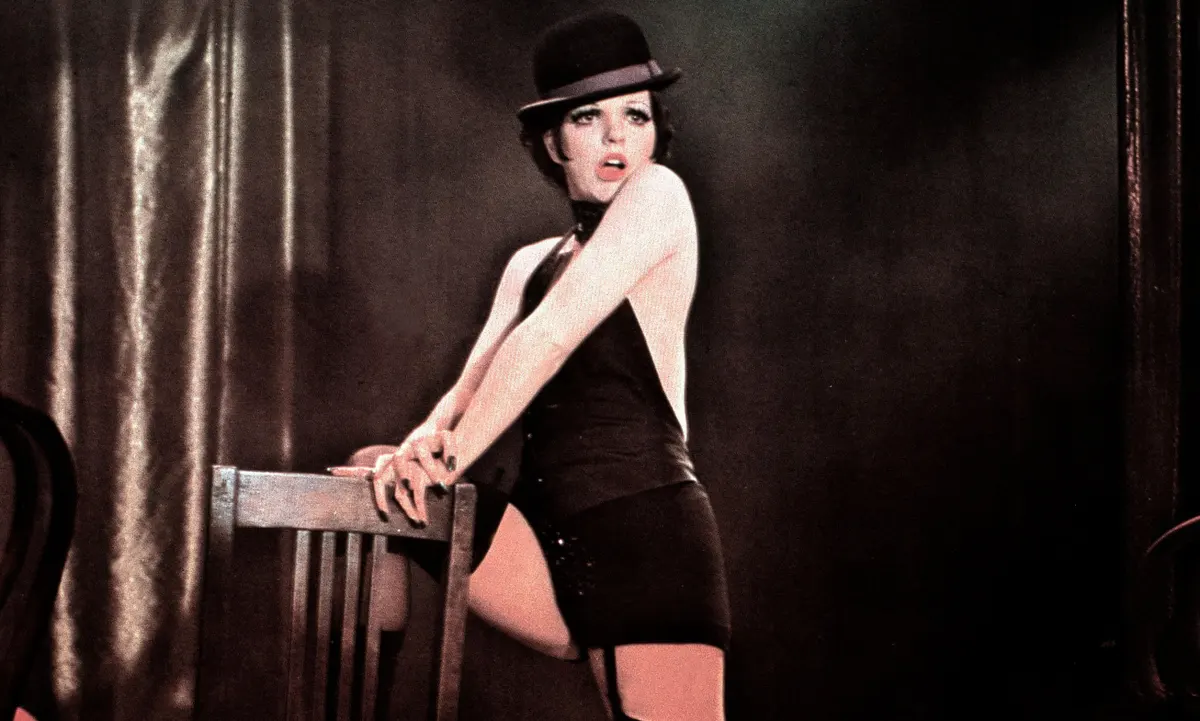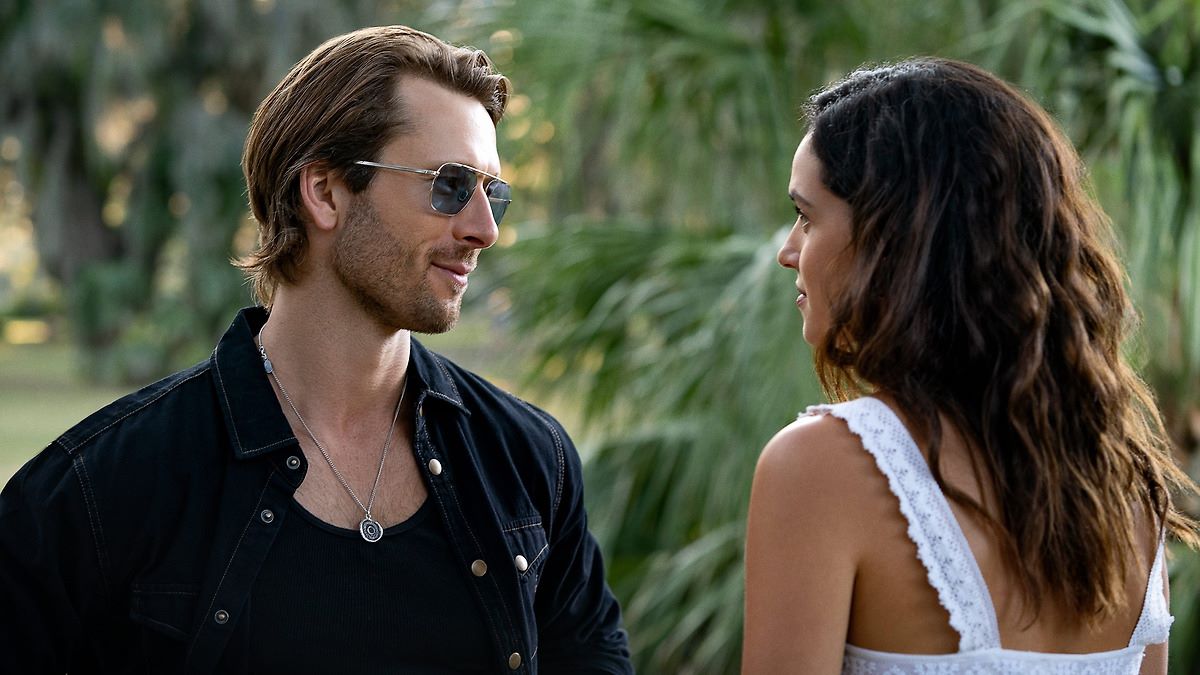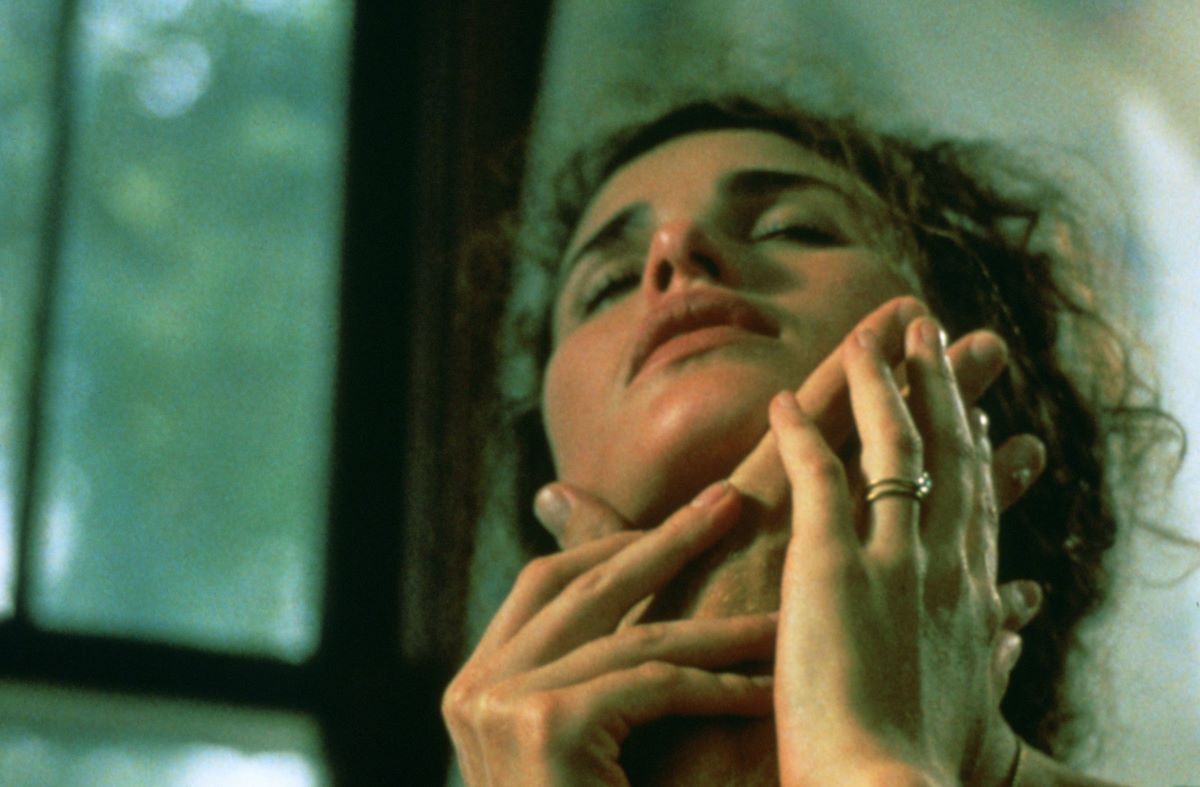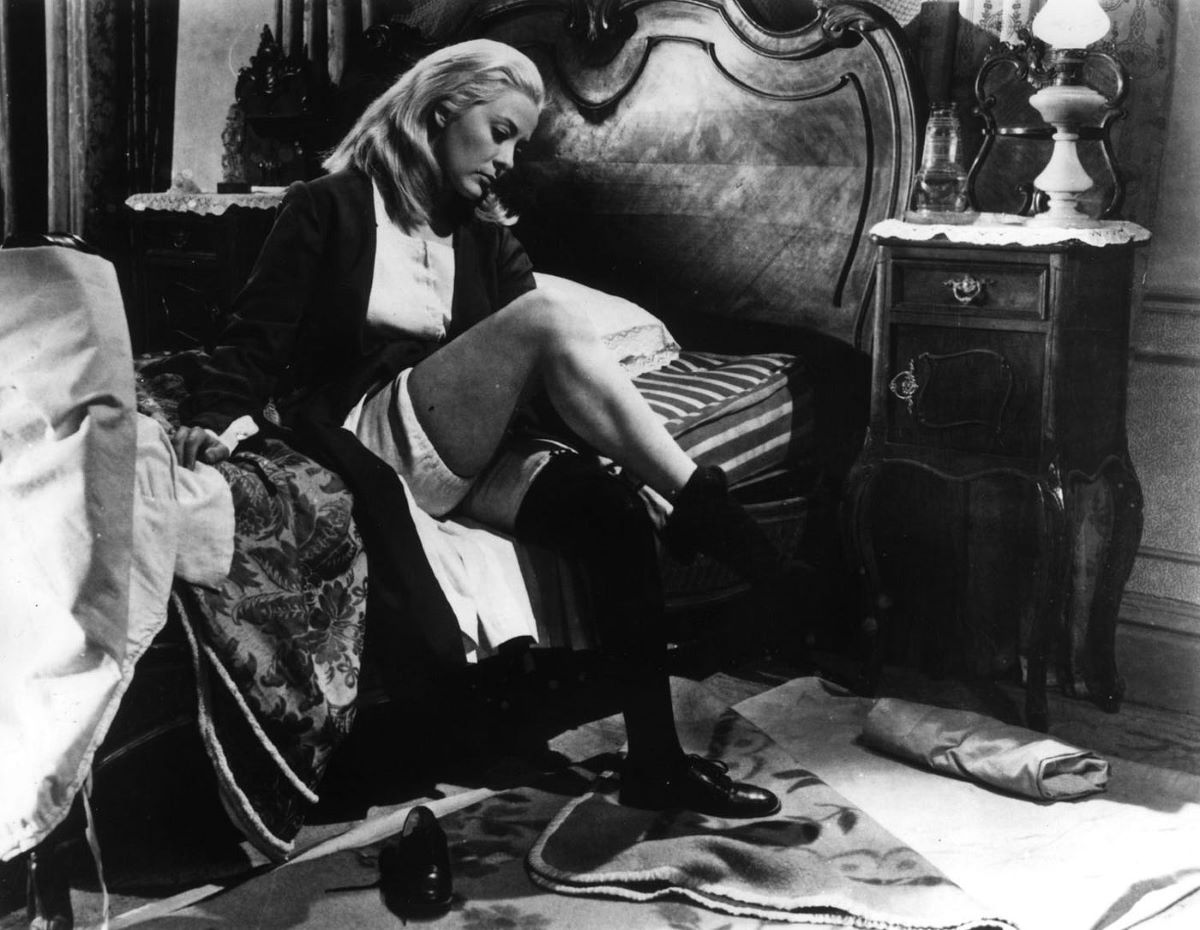As good as The Godfather?
by Alan Morrison
Two things happened the morning after Chicago swept the Oscars in 2003. First of all, Academy voters woke up nursing a Champagne hangover; blinked blearily into the Californian sunlight and moaned, “Oh God, what have we done?” And then Bob Fosse stopped spinning in his grave.
Almost everything that is good in Chicago comes down to Fosse, a man who died 15 years before its cameras started to roll. As director and choreographer of the show’s original stage production, it is his distinctive work that made Rob Marshall look good and helped the film to six Oscar wins from 13 nominations. But at least the history books show that justice was done. In 1973, Fosse’s movie masterpiece, Cabaret, took eight Oscars from a mere ten nominations. It lost out to The Godfather for Best Picture, but Fosse beat Francis Ford Coppola to the Best Director statuette. Bob Fosse 1, Rob Marshall 0.
Cabaret’s Oscar hoard tends to be overshadowed by The Godfather’s rise up the list of the greatest films ever made, perhaps because Cabaret is a musical—that most love-it-or-hate-it of cinema genres. Not that it is an ordinary, escapist, song-and-dance extravaganza. Cabaret is a film with a heart of darkness, where the characters negotiate the twisting paths of their sexualities and the world they live in slides into a politically repellent abyss. Willkommen, bienvenue, welcome to the Kit Kat Club in decadent Berlin in 1931.
The film’s roots he in the short stories published in Goodbye To Berlin by Christopher Isherwood, who spent a few years in the late 1920s and early 1930s soaking up the sexual freedoms of Weimar Germany. These stories became the basis for John Van Druten’s stage play I Am A Camera in 1951. Four years later, the play was filmed with Laurence Harvey and Julie Harris. This in turn inspired a stage musical called Cabaret, with music and lyrics by John Kander and Fred Ebb, which opened in Broadway in 1966. The West End run two years later starred Judi Dench, while a 1998 Broadway revival was directed by Sam Mendes.
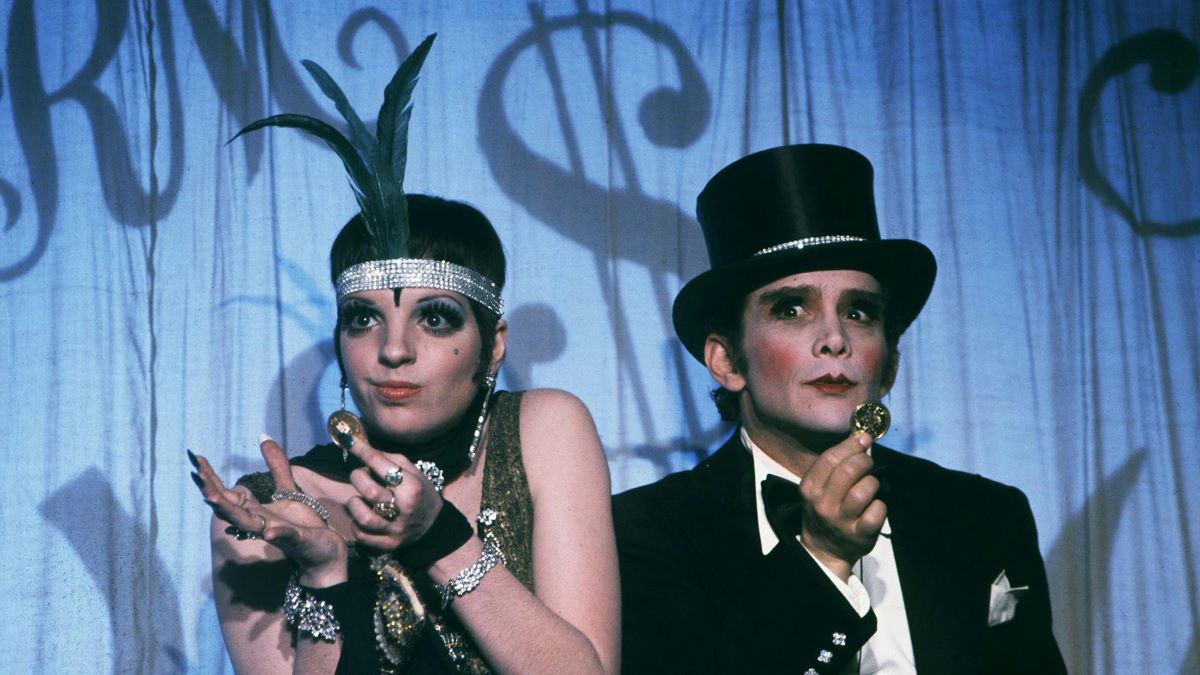
Fosse had nothing directly to do with any of these productions. He had been steadily extending his reputation as a stage choreographer into the film industry, devising the dance routines in The Pajama Game and Damn Yankees before making his screen debut as director with Sweet Charity in 1969. Fosse’s first involvement with Cabaret came with the 1972 film of the musical, which included some significant changes, most notably the Americanisation of the main female character; Sally Bowles, to accommodate rising star Liza Minnelli.
The screen story follows idealistic and impoverished writer-turned-teacher Brian Roberts (Michael York), who moves into the same shabby Berlin apartment building as Bowles (Minnelli), a singer in the nearby Kit Kat Club. Her seductive advances fail—initially, at least, Brian’s interests would appear to lie in a completely different direction—but they become friends and confidantes. However, their relationship is confused by the arrival of playboy Maximilian von Heune (Helmut Griem), who successfully flirts with them both. Meanwhile, their friend Fritz (Fritz Wepper) suffers romantic problems because the object of his affections is Jewish—a growing problem for society at large as the Nazis use bully-boy tactics to stir up trouble on the streets. Throughout it all, the Kit Kat Club’s MC (Joel Grey) mischievously orchestrates songs that slip from the “divine decadence” of bohemian life into a more disturbing commentary on the outside world.
NO ESCAPIST SONG-AND-DANCE
EXTRAVAGANZA, THIS IS A FILM
WITH A HEART OF DARKNESS.
The film’s two Oscar-winning actors, Grey and Minnelli, give the performances of their lives. Grey, his greasepaint adding to the MC’s devilish demeanour, brings a naughty, wicked, at times sinister edge to the proceedings. Minnelli, meanwhile, belts out her solos but reveals a touching vulnerability during her dramatic scenes. With big eyes like a wounded doe, Sally is a passionate, fragile, self-deluding creature. On the back of her Oscar win, Minnelli appeared simultaneously on the covers of Time and Newsweek, and finally began to edge out from beneath the shadow of her mother, Judy Garland.
Like most great musicals, Cabaret’s songs are a vital element in its success. Unlike most great musicals, however, they actually contribute to the overall realism of the piece All of the songs have a logical source on screen, be it the musical routines in the Kit Kat Club or the sound of Sally’s record player. The most memorable is Tomorrow Belongs To Me, the only number to take place outside of the club and the one folksy song sticking out like a sore thumb between cabaret ditties and Broadway show-stoppers.
At the start of this scene, Brian and Max are discussing Sally in the beer garden of a country inn, amidst surroundings that wouldn’t be out of place in an advert for the Bavarian Tourist Board. Horses cavort in the fields, lager is poured into glasses and oompah music plays on accordion and horn. Suddenly the camera cuts to a fresh-faced, blond teenage boy who sings with the voice of an angel. By the second verse, after a slow pan down his body, we recognise his Hitler Youth uniform and Nazi armband. Words about an idyllic Fatherland clash with the hard glint in the eyes of certain listeners. Deeper voices join in, the boy begins to shout his lyrics, people in the crowd stand to attention. “The morning will come when the world is mine,” he sings, and an old Jewish man in the crowd looks trapped and uneasy. The song ends with the boy making a straight-armed salute. We have moved from innocence to evil, from a sweet solo to a Nazi rally, in the space of a single song.
It’s a brilliant scene, the turning point of the film; now the party mood goes sour as Fritz’s own Jewish heritage is discovered, Brian is beaten up by fascists and Sally discovers that she is pregnant. So powerful is the song that it has been misinterpreted and has subsequently become an anthem for neo-Nazis, including fascist rock band Skrewdriver, who take Kander and Ebb’s lyrical pastiche to heart. The irony that it was written by two Jews, one of whom was gay, is above such people.
Fosse set out to create what he called “a modem-day nightmare in song and dance”, and succeeded to the extent that Cabaret’s 35 year-old fireworks still feel more relevant than Chicago’s five year-old damp squibs. The film’s final shot says it all. Lurking among the Kit Kat’s patrons are several brown uniforms and swastika armbands, distorted in the club’s mirrored walls. Artistic and sexual freedoms are seen as a threat to political domination and this wonderfully international city has been taken over by National Socialists. As Ms. Minnelli would say, that’s “Nazi” with a “z”.
Empire, February 2008

